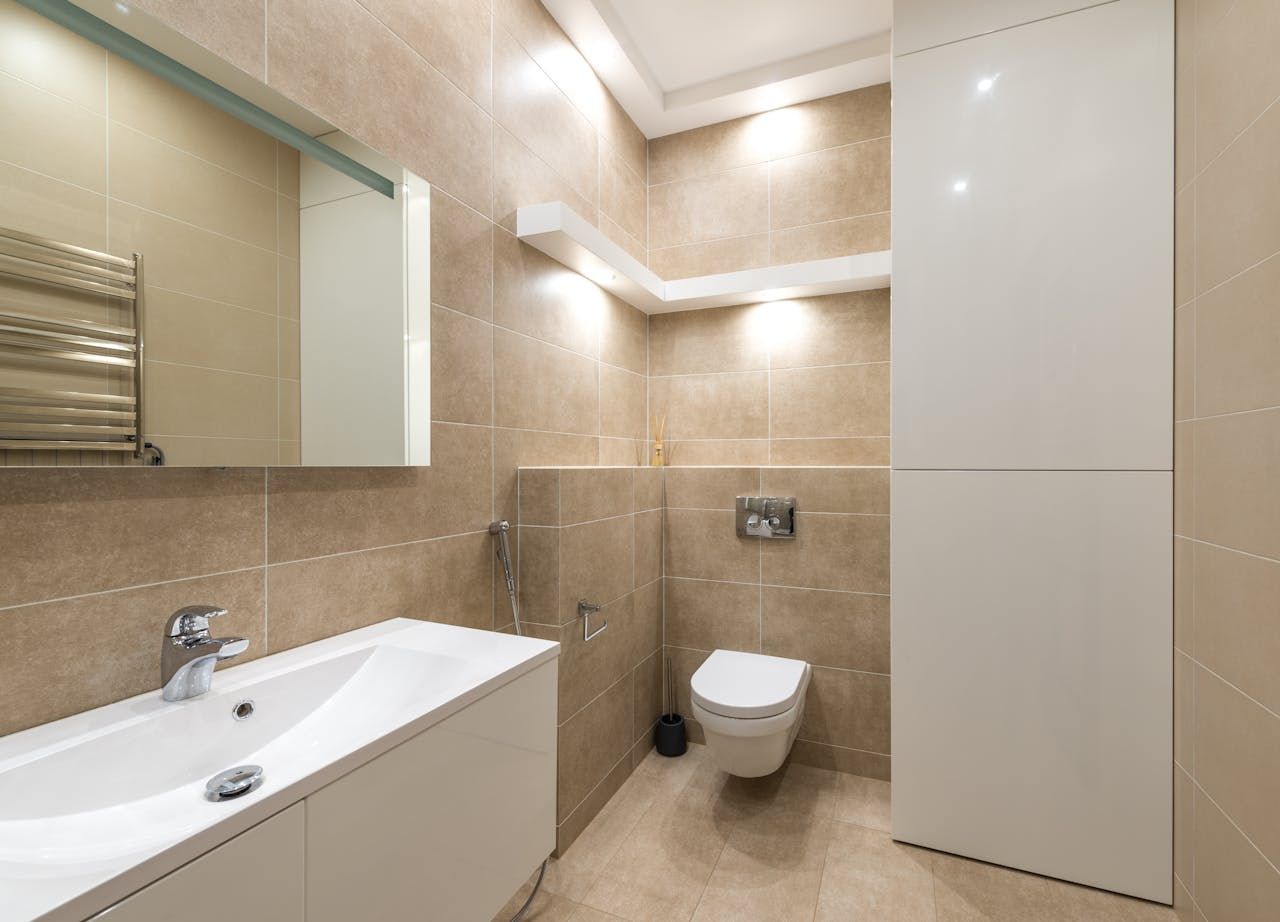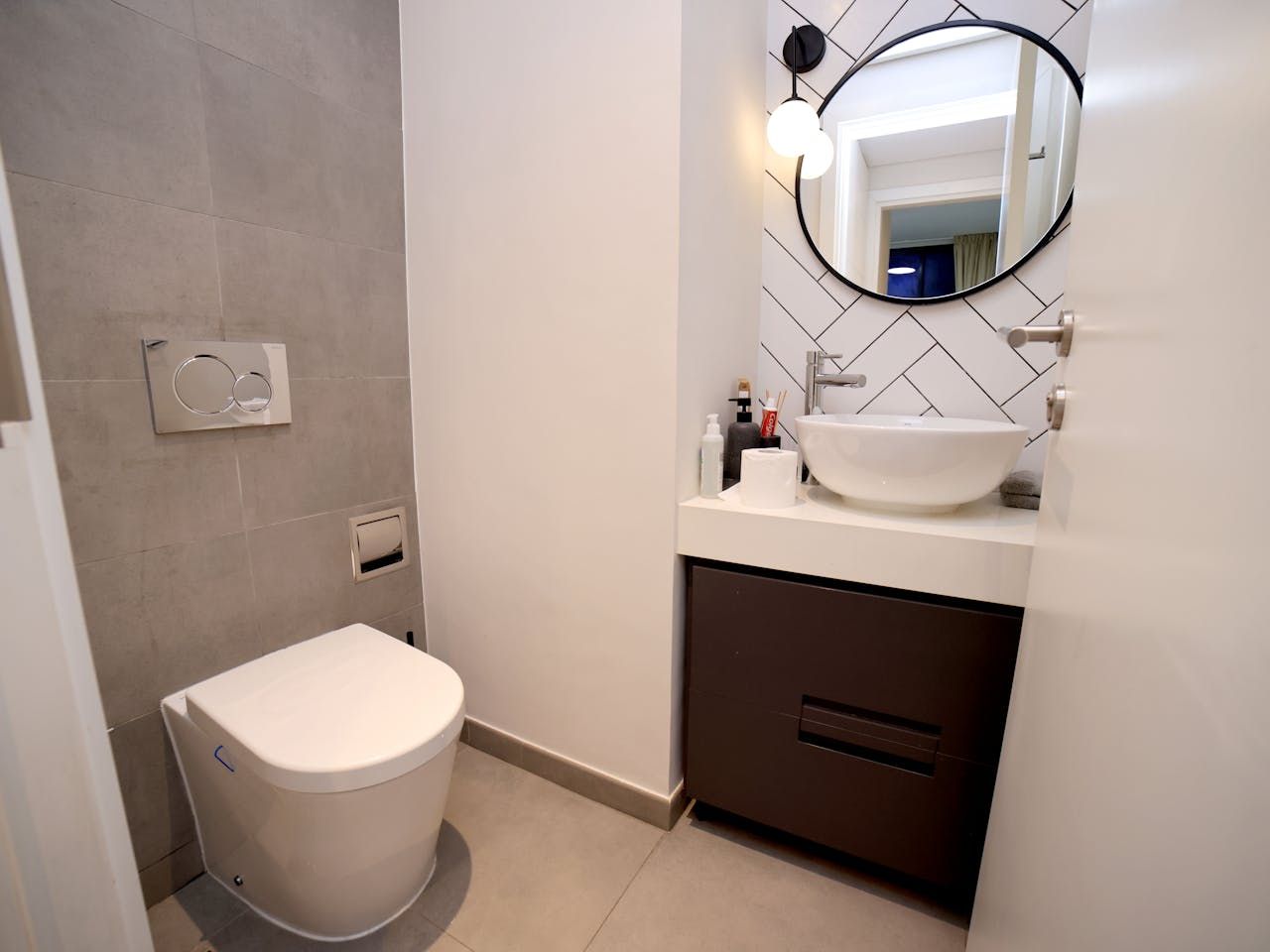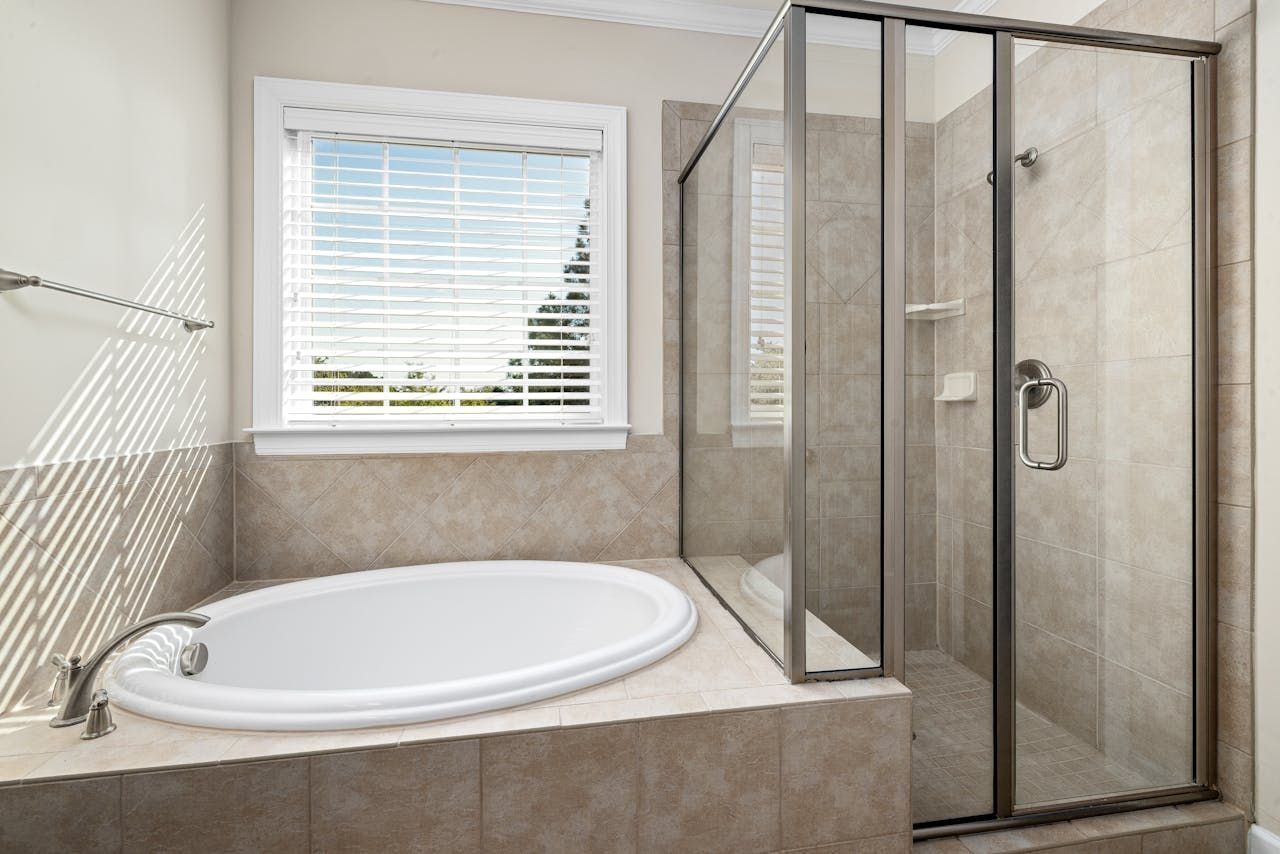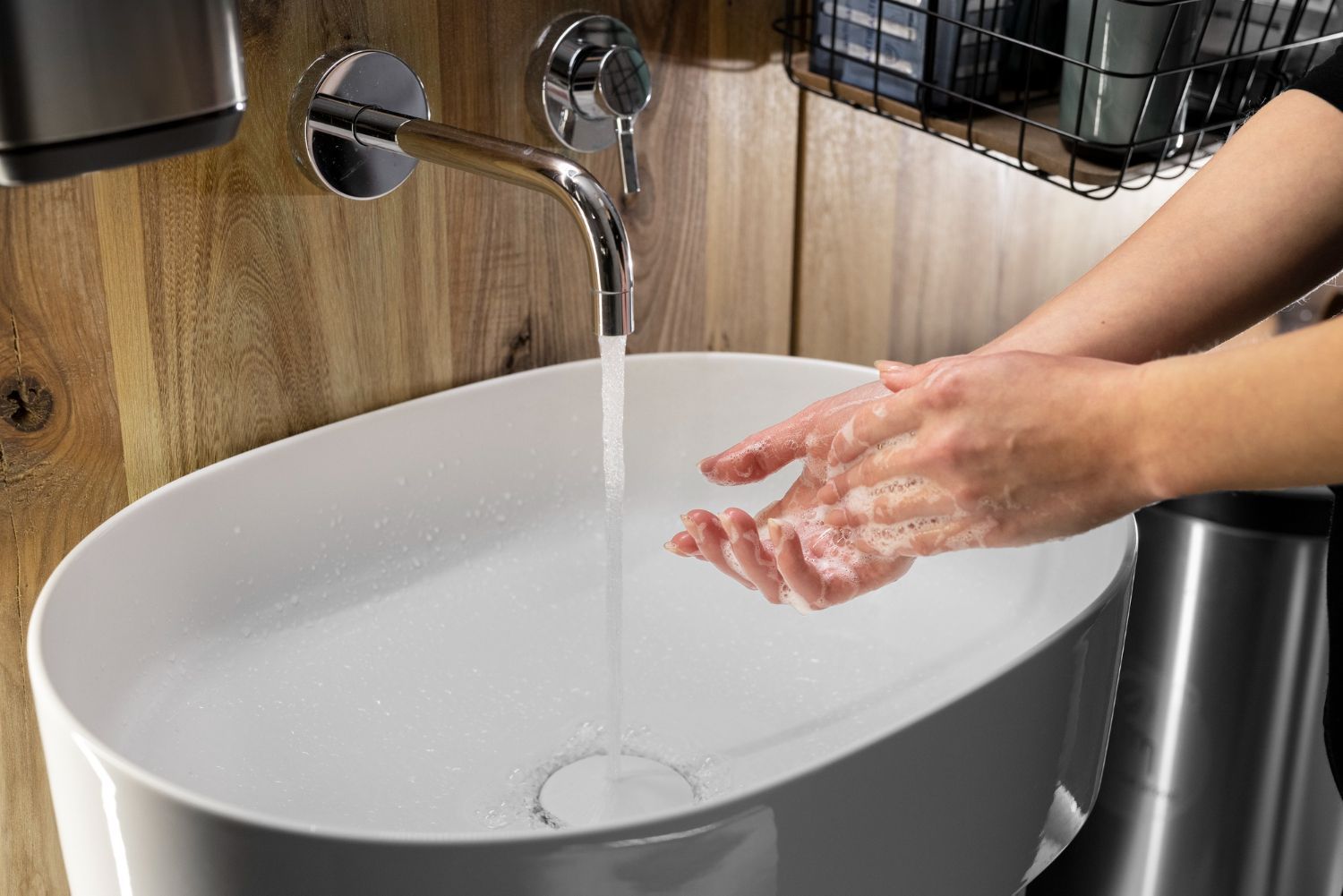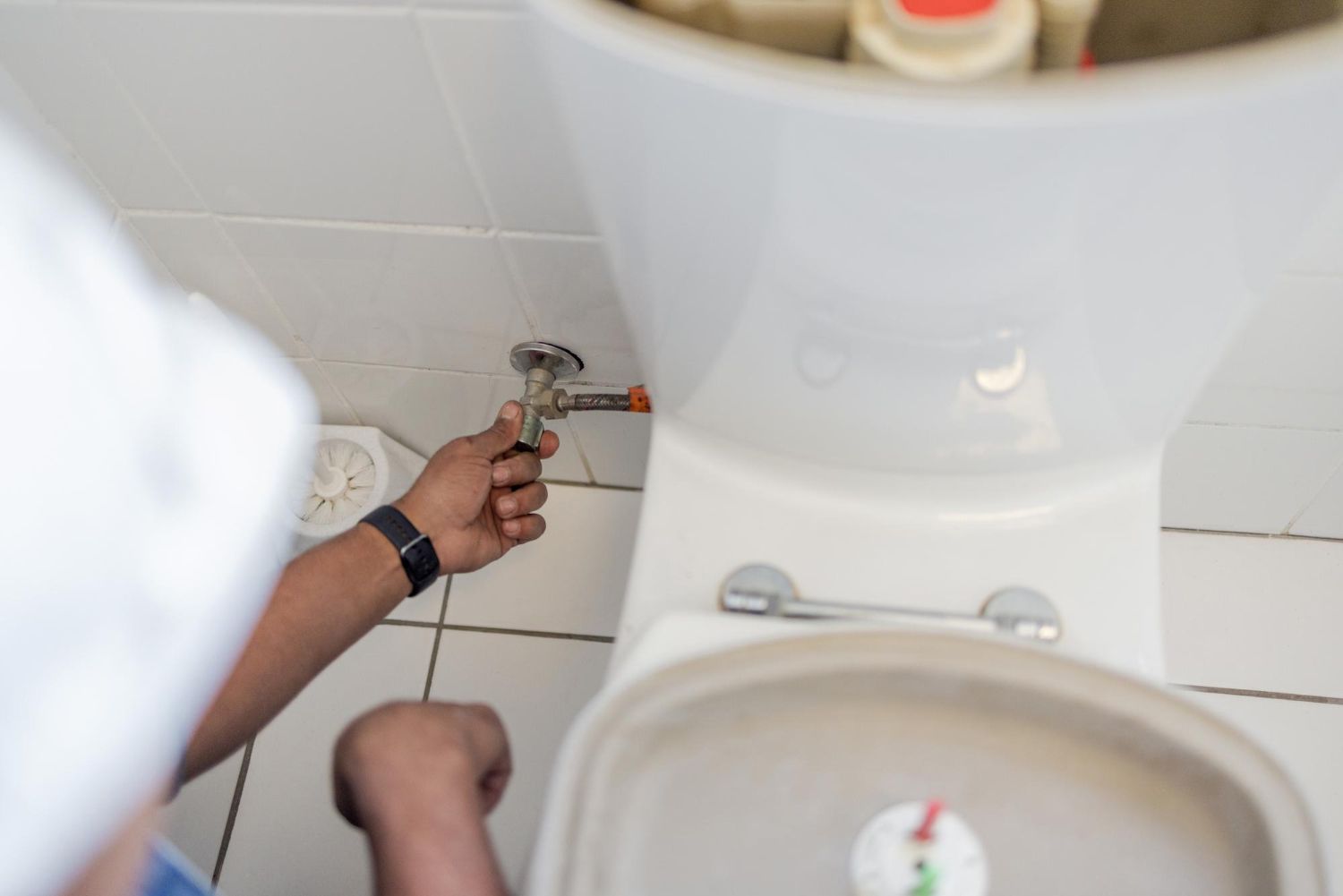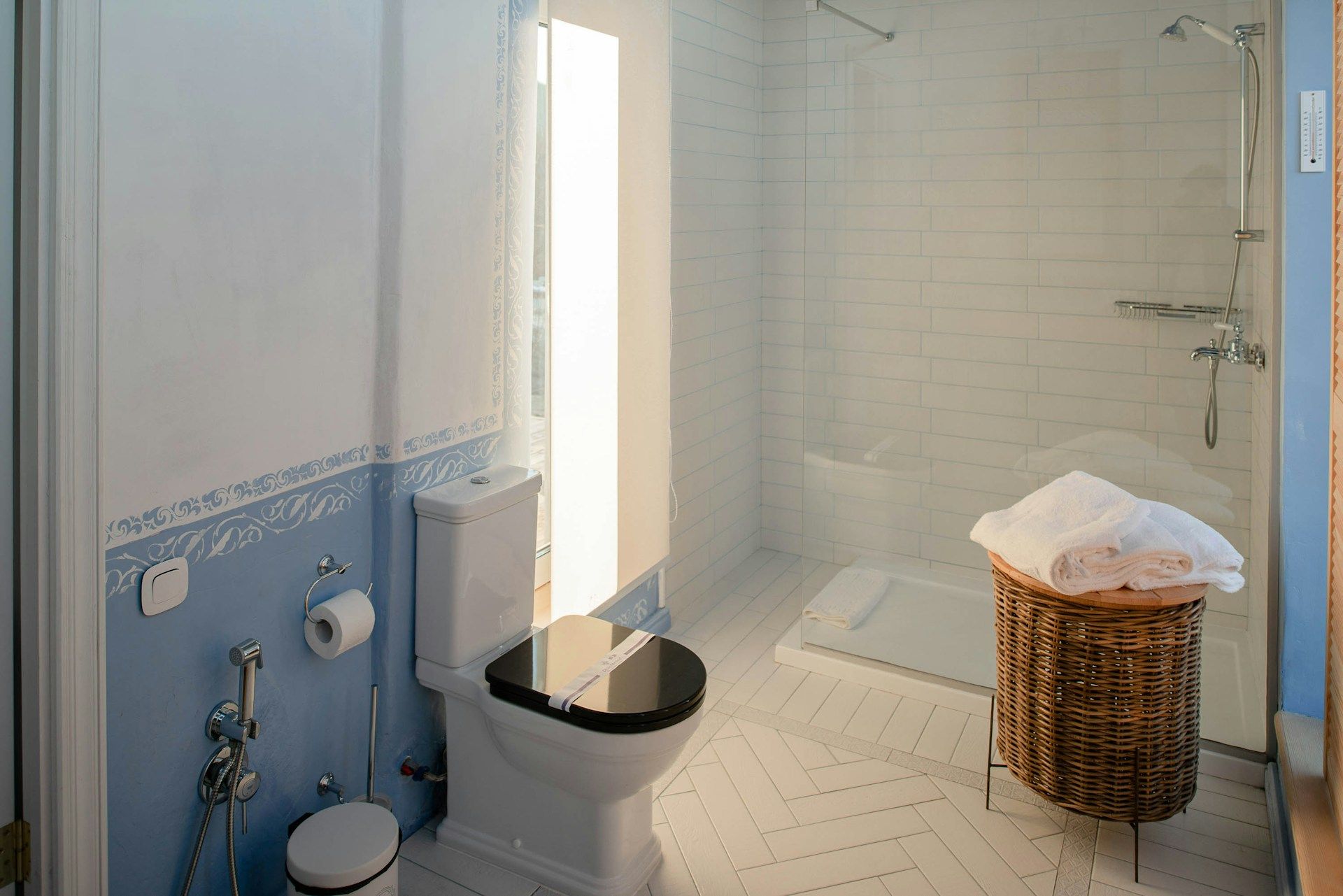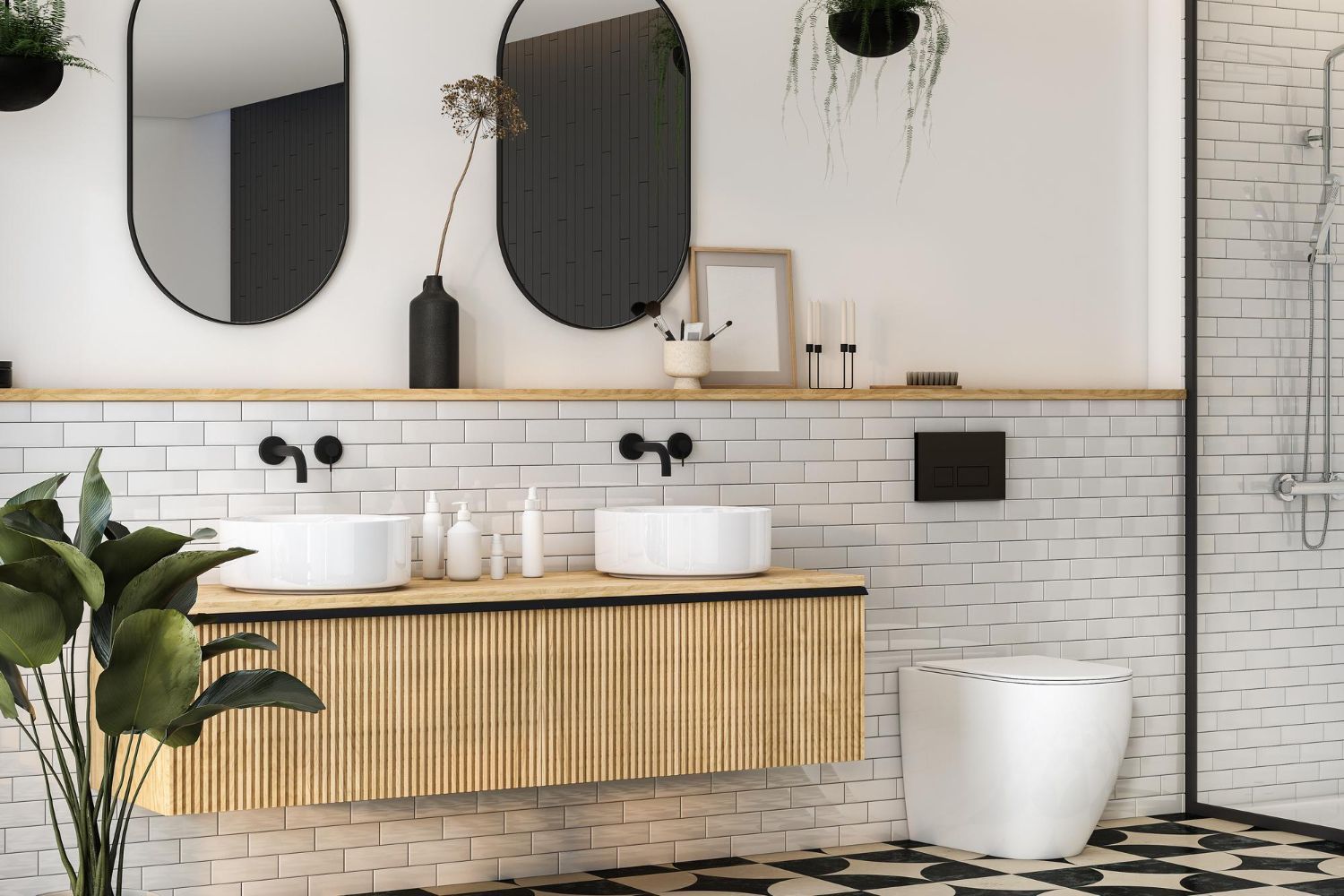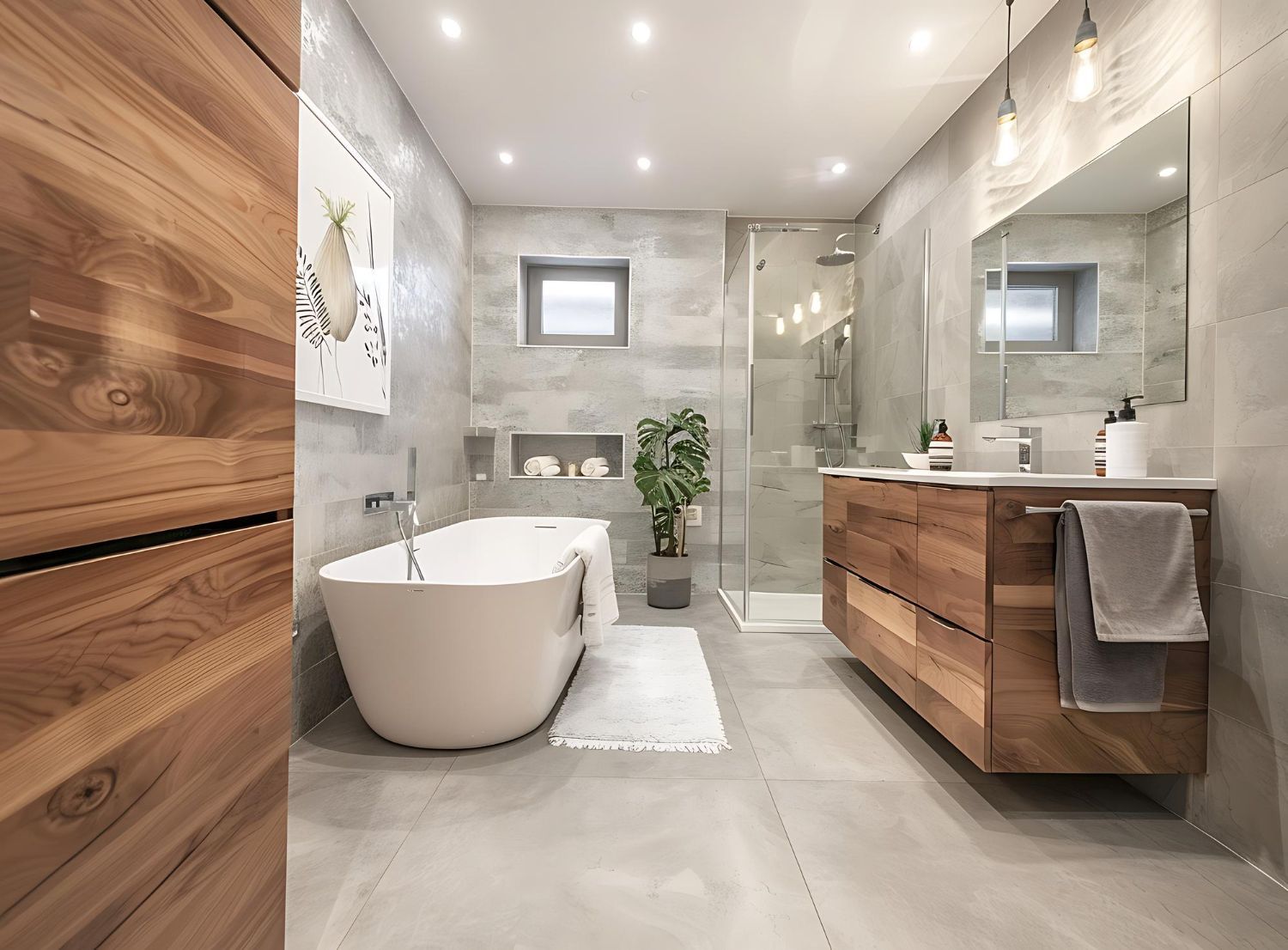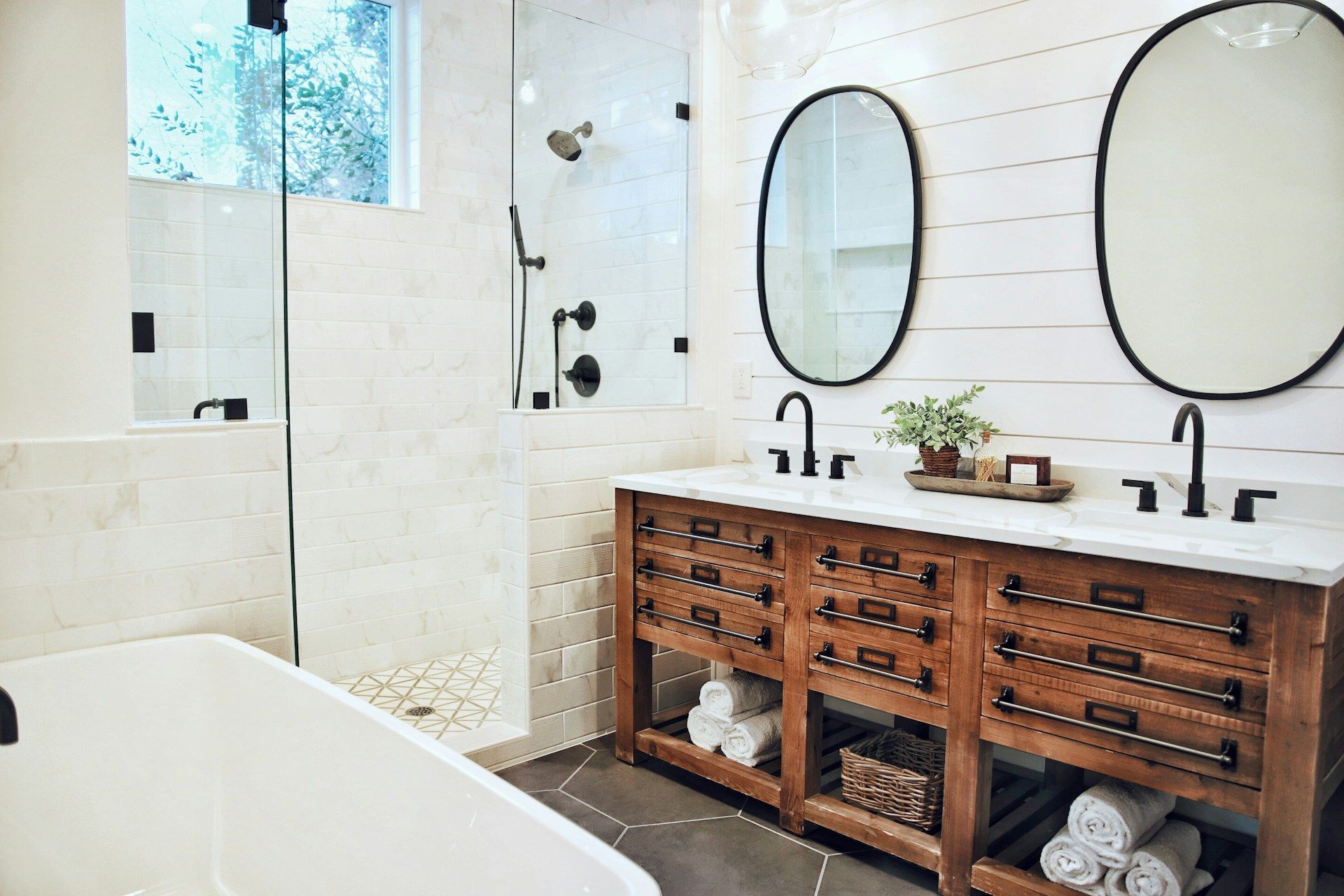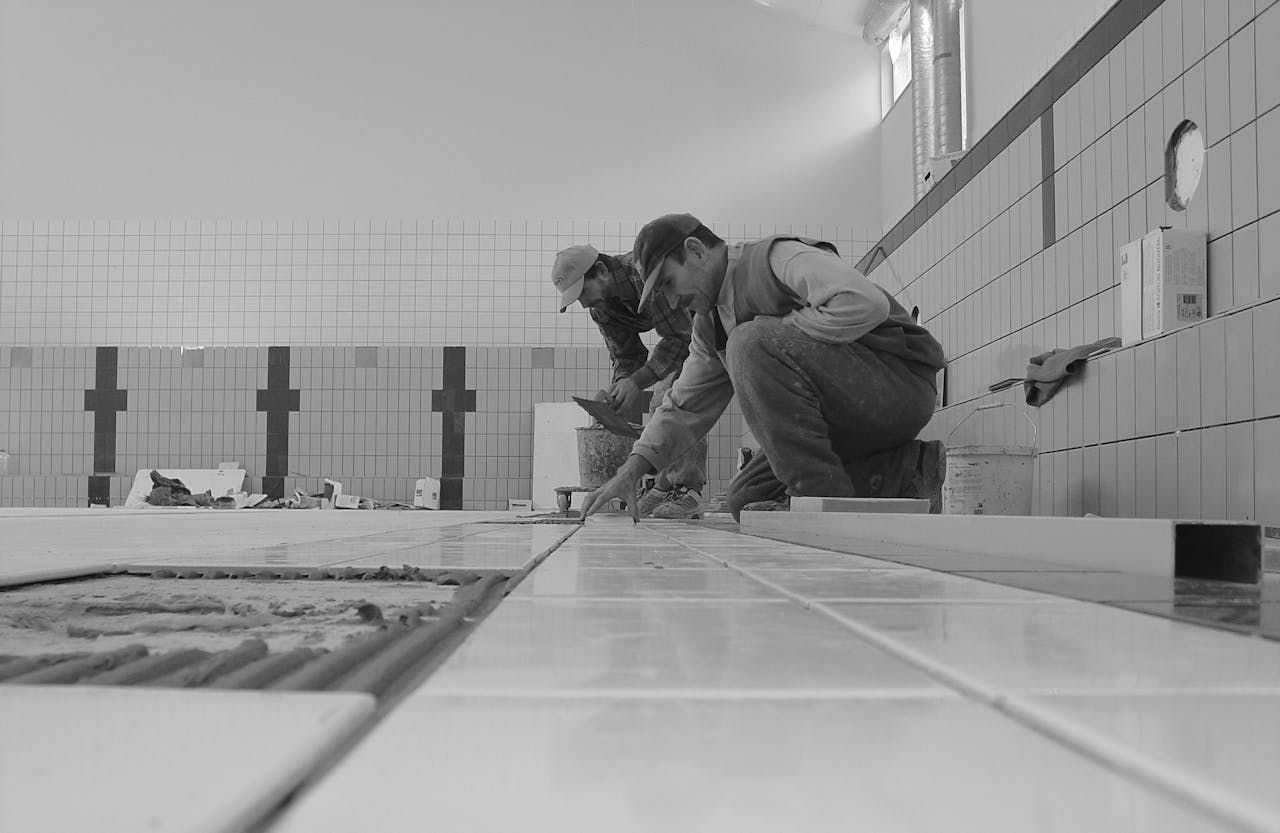Preventing Mold in Maryland Bathrooms: Tips and Solutions
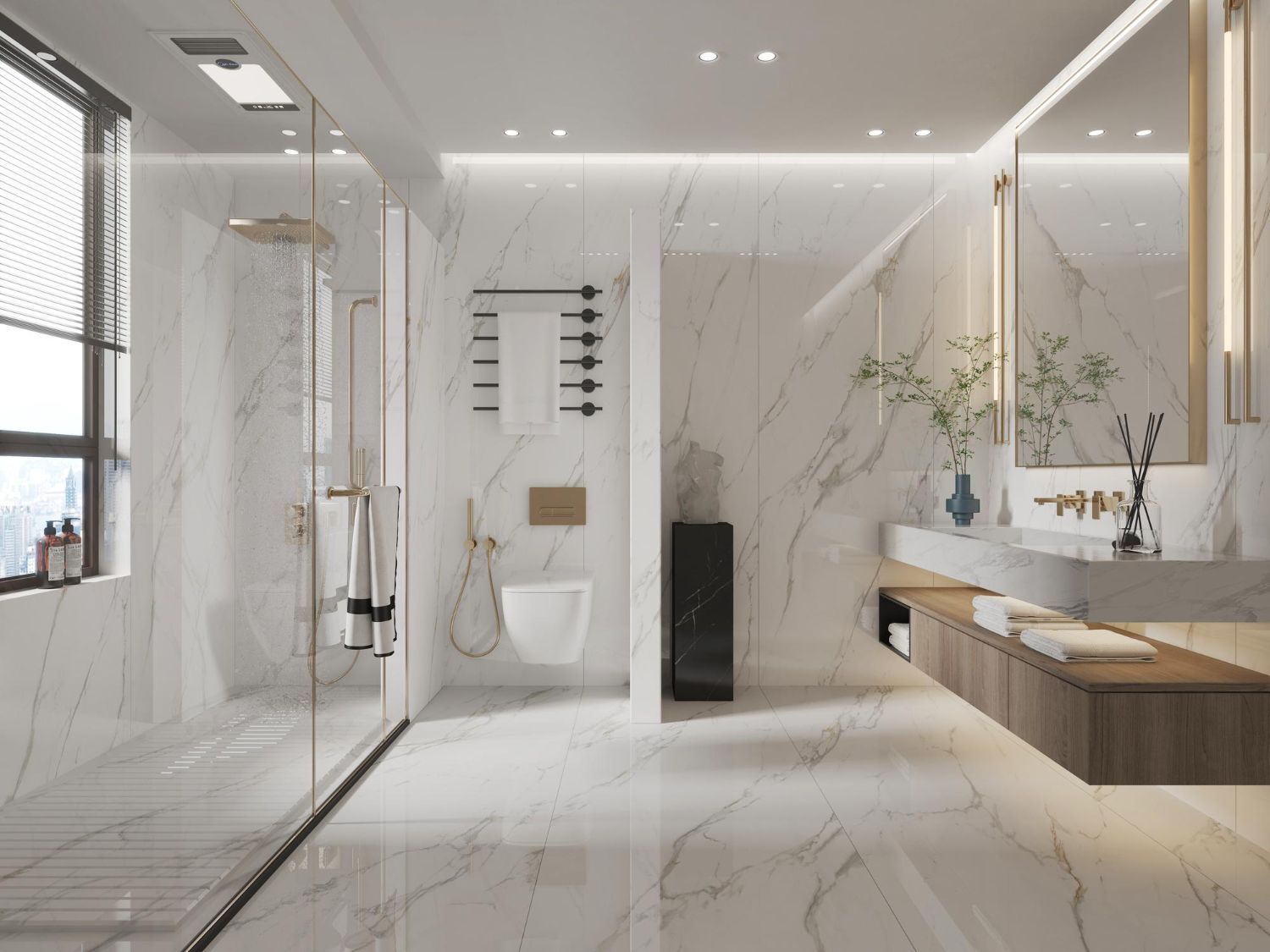
Bathrooms are one of the most frequently used rooms in any home, filled with moisture from showers and sinks. This makes them a prime spot for mold growth, which loves damp and warm spaces. Mold can appear as black, green, or even white patches, creeping into corners and tiles if left unchecked.
Maryland's humid climate can make bathrooms even more susceptible to mold problems. This not only poses a threat to the appearance of your bathroom but also to your health, as mold can cause allergies and other respiratory issues. Keeping your bathroom mold-free is essential for a comfortable and safe home environment.
Preventing mold involves understanding why it grows, ensuring proper ventilation, maintaining cleanliness, and choosing the right materials. By paying attention to these areas, you can keep your bathroom fresh and mold-resistant. Join us as we explore practical ideas and solutions that will help you take control of your bathroom space.
Understanding Mold in Bathrooms
Bathrooms provide the perfect environment for mold to thrive. The combination of warmth, moisture, and limited airflow creates a breeding ground for mold spores. After a hot shower, water can linger on surfaces, seeping into grout, cracks, and around the sink where it can be hard to reach. Over time, this moisture supports the growth of mold.
Common types of mold found in bathrooms include black mold, green mold, and pink mold. Black mold is especially concerning due to its potential health effects. Mold can cause sneezing, coughing, eye irritation, and skin rashes. For individuals with asthma or allergies, exposure can lead to more severe reactions. Ensuring your bathroom remains mold-free is crucial to maintaining a healthy environment.
By understanding why mold grows and its potential health risks, you can take active steps to prevent it. Keep an eye out for any early signs of mold, such as musty odors or discolored patches, and tackle them right away. Prevention is much easier than dealing with a full-blown mold infestation later on.
Effective Ventilation Strategies
Proper ventilation is key to stopping mold in its tracks. By improving the airflow in your bathroom, you can reduce moisture levels and discourage mold from growing. Ventilation helps by pulling damp air outside and replacing it with fresh air, making your bathroom a less attractive place for mold.
Here are some helpful tips for improving air circulation in your bathroom:
- Install Exhaust Fans: These fans are designed to remove moisture quickly. Always use them during and after showers to keep the air dry.
- Open Windows: If your bathroom has windows, open them regularly to let in fresh air. Even a small crack can help.
- Dehumidifiers: In particularly damp bathrooms, a dehumidifier can be beneficial. It removes excess moisture from the air, making it harder for mold to grow.
A well-ventilated bathroom is your best defense against mold. By staying on top of airflow and keeping moisture under control, you can maintain a cleaner and healthier space. Adding ventilation is an easy step that can have a big impact on the comfort and safety of your bathroom.
Regular Cleaning and Maintenance
Regular cleaning goes a long way in preventing mold. Mold can quickly grow on bathroom surfaces if left unchecked, so keeping up with cleaning can make a big difference. Use cleaning products specifically designed to kill mold, such as bleach or vinegar. These are effective at breaking down mold spores and preventing them from spreading.
Here's a step-by-step guide to cleaning mold-prone areas:
1. Mix the Cleaning Solution: Combine your chosen cleaner with water in a spray bottle.
2. Spray the Affected Areas: Target areas like the shower, bathtub, tiles, and around sink fixtures.
3. Scrub Thoroughly: Use a brush or sponge to scrub away mold. Pay special attention to grout lines and corners.
4. Rinse and Dry: Rinse the surfaces with clean water and dry them thoroughly to avoid leaving moisture behind.
Make a habit of checking for leaks and damp spots around your bathroom. Look under sinks, around toilets, and near the tub. Quick fixes can prevent small problems from turning into big issues. Regular maintenance helps keep mold at bay and ensures your bathroom stays fresh.
Mold-Resistant Remodeling Options
If you're considering a remodel, using mold-resistant materials can provide an extra layer of protection. Mold-resistant drywall, also known as green board, is a great choice for bathroom renovations. It is treated to resist moisture, which minimizes mold growth.
Using waterproof paint and grout also helps in keeping mold away. Mold-resistant paint stops moisture from seeping into walls, making it harder for mold to take hold. Similarly, using mold-resistant grout will prevent mold from growing between tiles, reducing maintenance over time.
Professional renovation offers long-term benefits when it comes to preventing mold. Expert remodelers can recommend and install the best mold-resistant materials, ensuring your bathroom is built to withstand moisture. This proactive approach not only enhances the look of your bathroom but also extends its longevity, saving you time and hassle down the line.
Conclusion
Maintaining a mold-free bathroom involves careful planning and regular upkeep. From understanding why mold grows to incorporating effective ventilation and cleaning routines, every step counts. By considering smart remodeling choices, you can further safeguard your space against mold, ensuring a healthy and pleasant bathroom environment.
Don't let mold take hold of your bathroom. Partner with Bathroom Remodeling Of Maryland, Inc. to ensure your next
bathroom renovation delivers a space that's both beautiful and resistant to mold. Our skilled team can help guide you through choosing the perfect materials and implementing solutions that meet your needs. Reach out today to transform your bathroom into a mold-resistant sanctuary.
